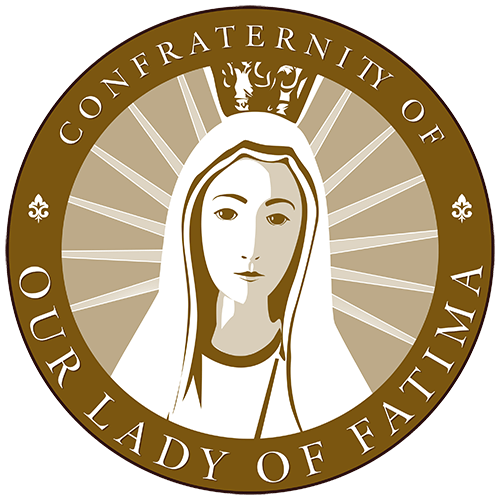The traditional teaching of the Church holds that Extreme Unction, or the Anointing of the Sick, should be administered only in the case of serious illness. Saint James writes in his letter, “If someone is sick, let him call the priests to come”. This wording clearly implies that the person is too ill to go to the priest, and therefore, the sacrament is meant for those who are seriously sick.
In contrast, elderly persons who are still able to walk to church would not generally fall into the category of the sick described by Saint James. This has been the consistent tradition of the Catholic Church, particularly in the Roman Church, which has always considered that a person must be truly and seriously ill to receive this sacrament. It is not given simply due to old age, nor is it intended to be received continuously or too frequently.
There is a different practice in the Orthodox Church, which I would consider an extreme approach. For example, during Lent, they often hold public or communal anointings of the sick in churches. In these cases, almost everyone present, including many younger and healthy people, are anointed. This practice goes beyond the intent of the sacrament and should be avoided.
We must preserve the original nature and purpose of this sacrament, as it is described in Holy Scripture, particularly in the Epistle of James. The sacrament is truly for the seriously sick, and we should not broaden its meaning to include minor ailments such as headaches.

Dear visitors of Gloria Dei and all who have already written or who will write a personal message to me. I am grateful for your attention, your kindness, for your spiritual support and especially for your sacrifices and prayers for me. God may reward you!